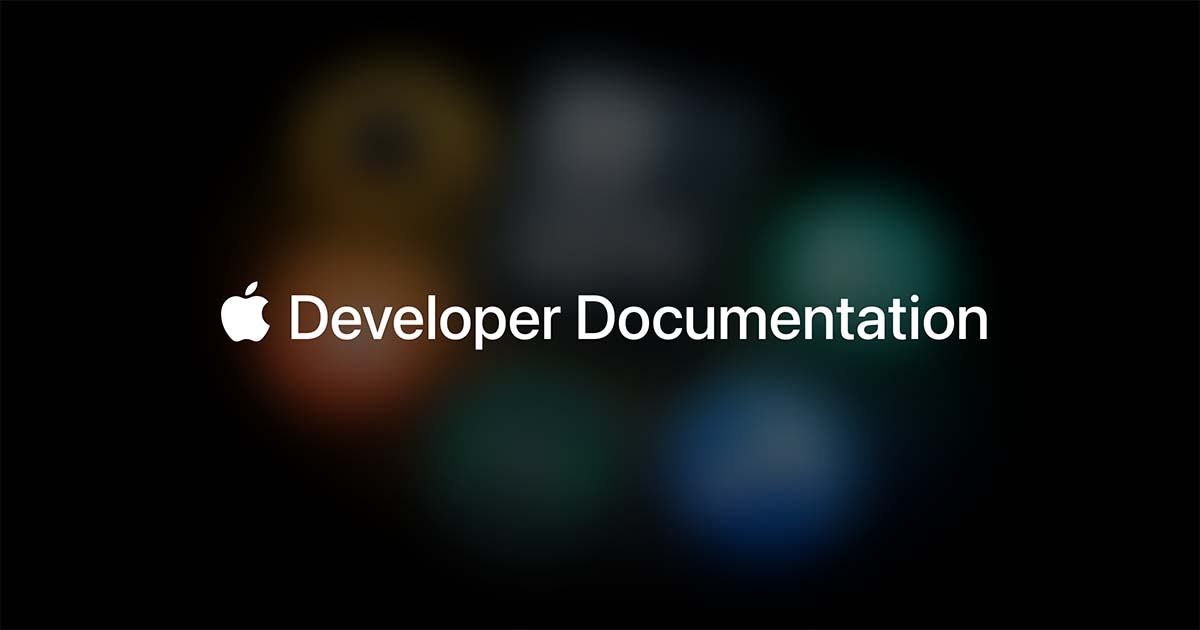- Joined
- Oct 21, 2023
- Messages
- 12
- Motherboard
- MSI B450M > Need model name > See Forum Rules!
- CPU
- Ryzen 7 2700X
- Graphics
- RX 550
As Apple computers are transitioning to ARM 64 bit CPU, will Apple stop all x86 machines support in the coming macOS 15?
I use MacIntesh to develop iphone apps. So I am worried.
I use MacIntesh to develop iphone apps. So I am worried.

